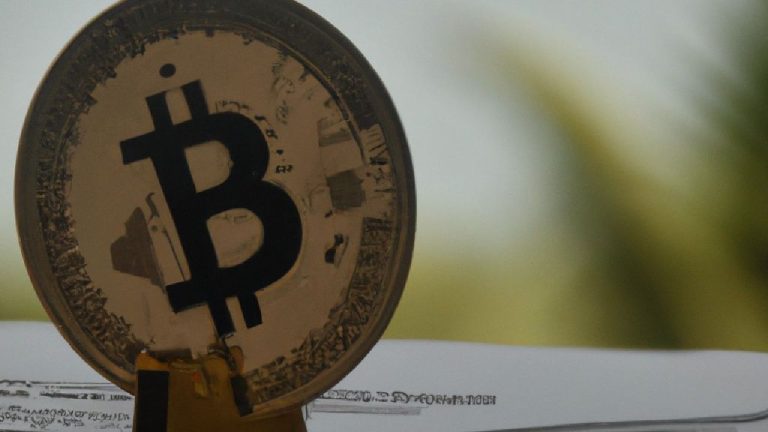
The law will officially enter into force at a date determined by Namibia’s Ministry of Finance.
The Namibian Government officially signed a law to regulate Virtual Asset Service Providers operating in the country last week, reversing its original 2017 decision to ban cryptocurrency exchanges.
On July 21, the VASP-regulating law was inserted into the Gazette of the Republic of Namibia after previously being approved in Namibia’s National Assembly on July 6 and signed by President Hage Geingob on July 14.
The bill called the Namibia Virtual Assets Act 2023 aims to assign a regulatory authority to supervise crypto exchanges in the country. It is the first law laying out how the country should regulate cryptocurrency-related activities.
It will enter into force at a date determined by Namibia’s Ministry of Finance.

Among the top aims of the law is to ensure consumer protection, prevent market abuse and mitigate the risks of money laundering and the financing of terrorism.
Non-compliant providers could reportedly face penalties of up to $671,000 (10 million Namibian dollars) and 10 years in prison. The country's central bank, the Bank of Namibia, maintains its position that cryptocurrencies will not hold legal tender status in the country.
Namibia’s legal U-turn started in May 2018 when the Bank of Namibia revised its original decision to ban cryptocurrency exchanges.
Related: Crypto exchange Roqqu receives South African approval to expand operations
Earlier this month, South Africa’s financial regulator announced that all cryptocurrency exchanges in the country will be required to obtain licenses by the end of 2023 in order to continue operations.
Other African nations that have passed cryptocurrency laws include Botswana, Kenya, Mauritius and Seychelles. The Central African Republic made Bitcoin (BTC) legal tender in April 2022, however, that legislation was repealed less than 12 months later.
Cameroon, Ethiopia, Lesotho, Liberia, Republic of the Congo, Sierra Leone, Tanzania and Zimbabwe are among the African countries to have enforced a ban on cryptocurrencies according to the International Monetary Fund.
Magazine: Bitcoin in Senegal: Why is this African country using BTC?




